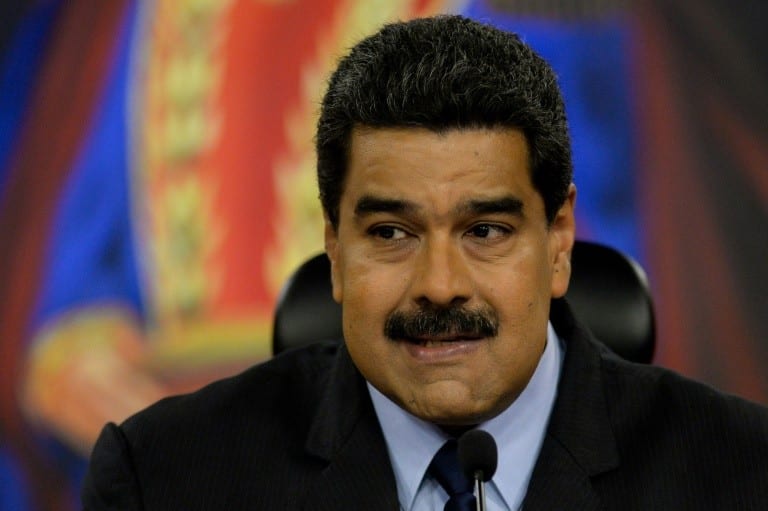The position of the Nicolás Maduro administration that Venezuela does not recognize the International Court of Justice’s (ICJ) jurisdiction over its border controversy with Guyana is in contravention with the Bolivarian Republic’s consent to the Geneva Agreement.
Guyana, in its Application to the ICJ instituting proceedings on the matter, stated that the Court has jurisdiction over the controversy as a result of the mutual consent of the two countries as parties to the Geneva Agreement.
In that provision of the Agreement, Guyana and Venezuela mutually conferred upon the Secretary-General of the United Nations the authority to choose the means of settlement of the controversy and, on 30 January 2018, the Secretary-General exercised his authority by choosing judicial settlement by the Court, Guyana pointed out in its Application.
Following Guyana’s formal request to the ICJ to resolve the controversy, Venezuela’s foreign ministry said in a statement that “Resorting to a judicial settlement to settle the dispute is unacceptable, sterile and inapplicable.”
The Maduro administration further stated that it does not recognize the ICJ’s jurisdiction “as mandatory.” Venezuela instead proposed to rekindle diplomatic ties with Guyana “that will allow a practical and satisfactory solution of the territorial dispute to be reached.”
However, the Geneva Agreement is in force between the Parties, Guyana having acceded to it upon its independence in 1966. Venezuela, too, accepts that the Geneva Agreement is an “international treaty signed by Venezuela and Guyana which governs as Law the territorial controversy on the Essequibo.”
Guyana also reminded in its Application that Article IV, paragraph 2, of the Geneva Agreement provides, in relevant part, that if the Parties are unable to arrive at a full agreement for the solution of the controversy over the validity and binding force of the 1899 Award, the UN Secretary General can ultimately “choose another of the means stipulated in Article 33 of the Charter of the United Nations.”
In this regard, a ‘Good Offices’ process was instituted and between 1990 and 2016, successive Personal Representatives were appointed by the Secretary-General for this purpose. However, over a 25-year period, the Good Offices process failed to produce any progress in arriving at a settlement of the controversy.
Faced with these unsuccessful efforts, in December 2016, after consultations with Guyana and Venezuela, Secretary-General Ban Ki-moon recalled that under Article IV, paragraph 2, of the Geneva Agreement, the Parties had entrusted him with “the power to choose means for the settlement of the controversy from among those contemplated in Article 33 of the Charter of the United Nations.” In the exercise of this authority, he decided that: “Initially, the Good Offices Process will continue for one final year, until the end of 2017, with a strengthened mandate of mediation.”
Guyana also highlighted in its application that it was stated that, “If, by the end of 2017, the Secretary-General concludes that significant progress has not been made toward arriving at a full agreement for the solution of the controversy he will choose the International Court of Justice as the next means of settlement.”



